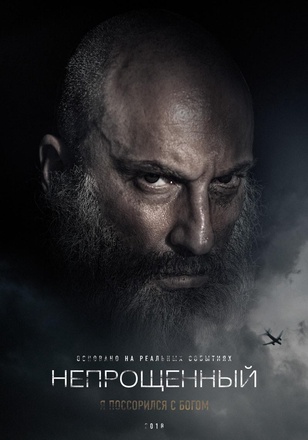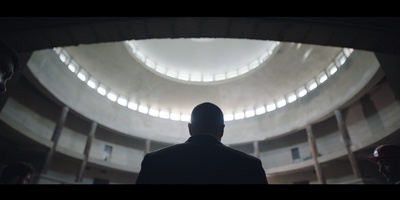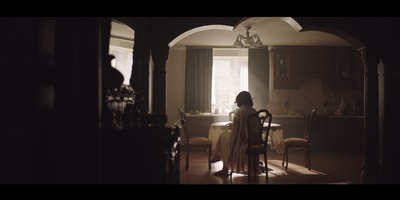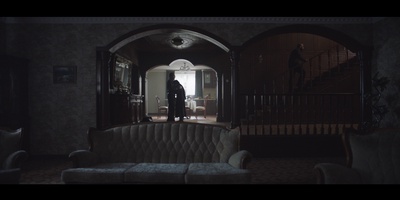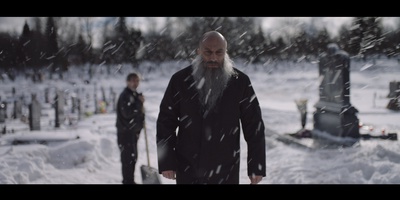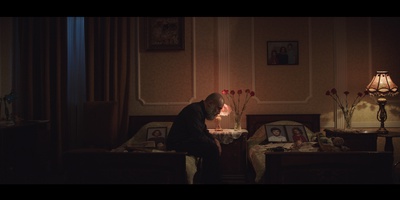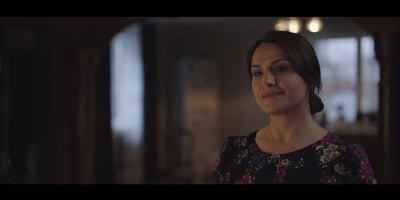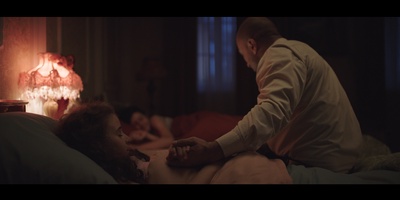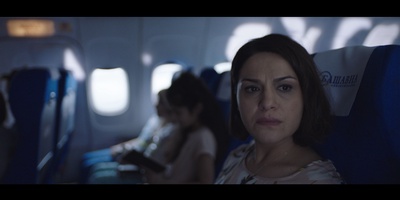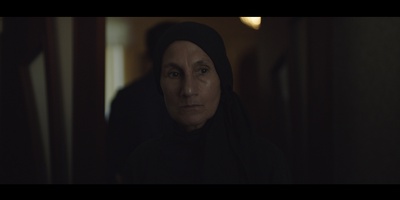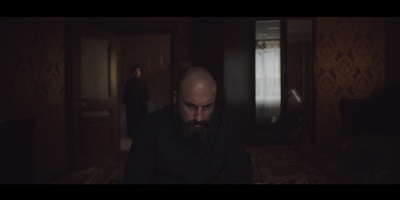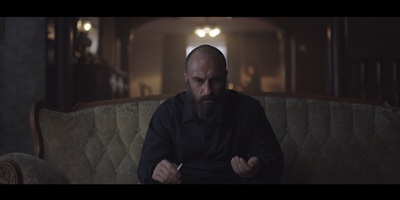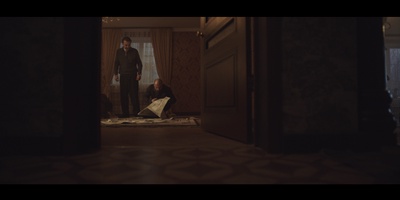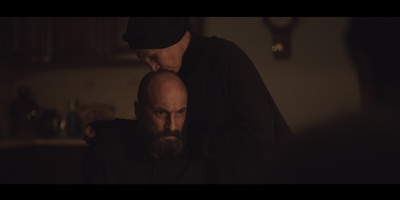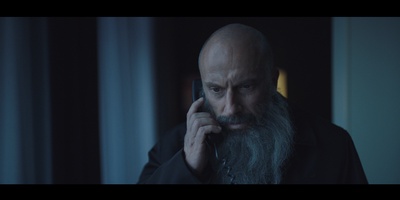2018 | Fiction | 106 min. | Russia
Architect VItaliy Kaloev, having lost his entire family in a plane collision decides to find and confront the air traffic controller who was held responsible for the crash.
Directors Statement
The film is based on real events. The core of the story is the uneven and shifting platform on which grief, pain and justice all stand. Vitaly suffers a terrible loss, and the blame for the accident is obfuscated and politicized by the corporate entities involved. Vitaly's wife and both children died, along with 70+ children who were all on board the flight. The accident is very well known, especially in Europe where it occurred, so this film does not rely on plot twists or a surprise ending. It is an intimate and slow burning journey of a loving family man who's grief turns into rage. While working on the film I focused on the transformation of the character, not only his physical transformation, but emotional and spiritual transformation. Our hero has his identity stripped away from him in a flash instance - no longer a husband, no longer a father, and he is consumed by his grief, the lack of justice, and lack of humanity in how it is all treated. It is in the idea of justice that he begins to find some meaning, in holding those responsible for the crash accountable. It was my challenge to depict contradicting dialectics of human nature, the connections between love and loss, grief and sanity, justice and forgiveness. It is a a delicate balancing act of empathy to ascertain how a killing occurs. It is an attempt to show both the broad, and bizarre particulars of how a man ends up perpetrating his own personally delivered death sentence. I want all of the characters to feel deeply human, flawed and recognizable to the audience. In contemplating an artistic approach, I decided on a slightly saturated realism without using any documentary film techniques. As the director, I view myself as an arbitrator. I am not artificially boosting sympathy or hatred for the hero, so that the viewer has an immersive and cathartic dramatic experience, wherein it might be difficult to imagine oneself, but no less is reflecting on the hero's experience, motives and thinking. None of us are immune to grief or despair, and each of us copes with those moments and tragedies in his or her own way. I believe that some who watch the film will side with Kaloev, but even those who don't, who object wholly to his violence as a mechanism for justice, will understand the tragic path he was led down by fate, by psychology, by culture, in short - by way of human nature.
Director: Sarik Andreasyan
Producers: Sarik Andreasyan, Gevond Andreasyan and Armen Ananikyan
Сast: Dmirtiy Nagiev, Mardjan Avetisyan and Samvel Muzhikyan
Studio: Film Company Big Cinema
